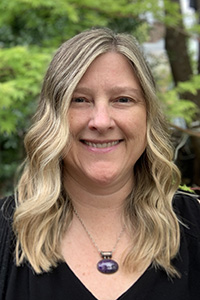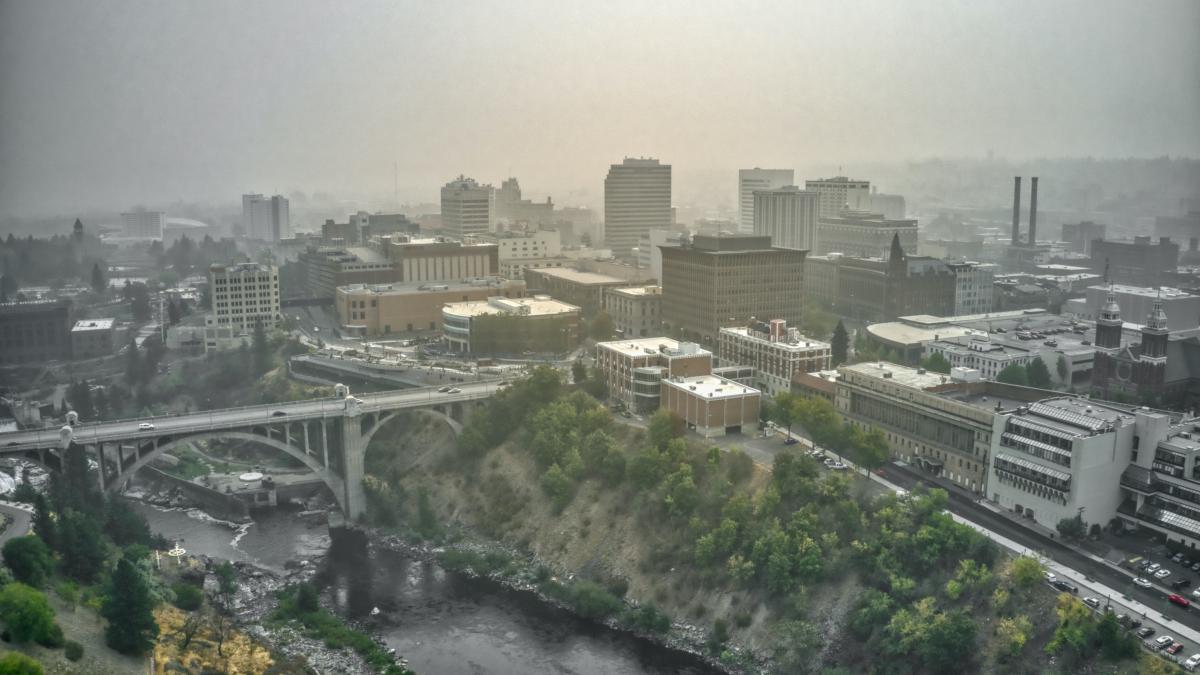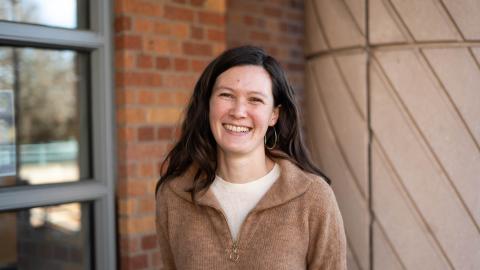It might start with a slight scent of smoke from a faraway wildfire, and often ends with weeks-long warnings about hazardous air quality, calls to shelter indoors and lessons about how to build homemade air filters.
And some years, wildfire season explodes into global tragedy as it did in 2023, across Canada, to the shores of Maui, to Spokane, Washington—where two wind-driven August fires near town burned more than 200,000 acres and destroyed a reported 360 primary residences.

The US Environmental Protection Agency (EPA) this week announced a $1.1 million grant awarded for the Gonzaga Institute for Climate, Water and the Environment’s Smoke Ready Spokane project, a partnership with the City of Spokane, the Spokane Regional Clean Air Agency and the University of Washington.
The project is designed to help reduce indoor exposure to pollutants in wildfire smoke in the City of Spokane and community centers serving disadvantaged populations, including the Martin Luther King, Jr. Family Outreach Center, West Central Community Center and Northeast Community Center.
The money will go toward health awareness outreach, air-quality monitoring, HVAC upgrades and a public-engaged process of developing smoke readiness plans for buildings and communities.
Listening to and supporting Spokane
As part of the project, Tania Busch Isaksen, teaching professor in the UW Department of Environmental & Occupational Health Sciences (DEOHS) and co-director of the UW Collaborative on Extreme Event Resilience (CEER), will lead a team to facilitate a stakeholder symposium aimed at elucidating the community’s needs for reducing wildfire smoke risks.
Her group will also support method development and data analysis for community outreach activities on smoke readiness, and evaluate data from indoor air sensors in community cleaner-air shelters. This work builds on previous community resilience work in extreme-heat preparedness with Gonzaga’s Climate Institute.
“We at the CEER lab are very excited to support Gonzaga University's Institute for Climate, Water and the Environment and their mission to build community resilience to wildfire smoke events for the City of Spokane,” Busch Isaksen said.
“The Gonzaga Climate Institute exists to help our community understand and respond to our rapidly changing climate,” said Gonzaga Climate Institute Director Brian G. Henning. “We are proud to lead this city-wide collaborative effort to expand preparedness for wildfire smoke.”
“We are privileged to continue to collaborate with Dr. Henning's Climate Institute, expanding our collective work to include an additional climate-sensitive hazard important to their community,” Busch Isaksen added.
Adapted from the original release here.




